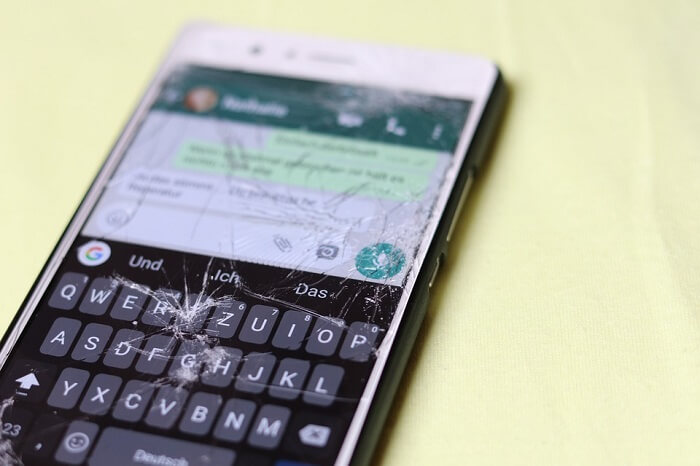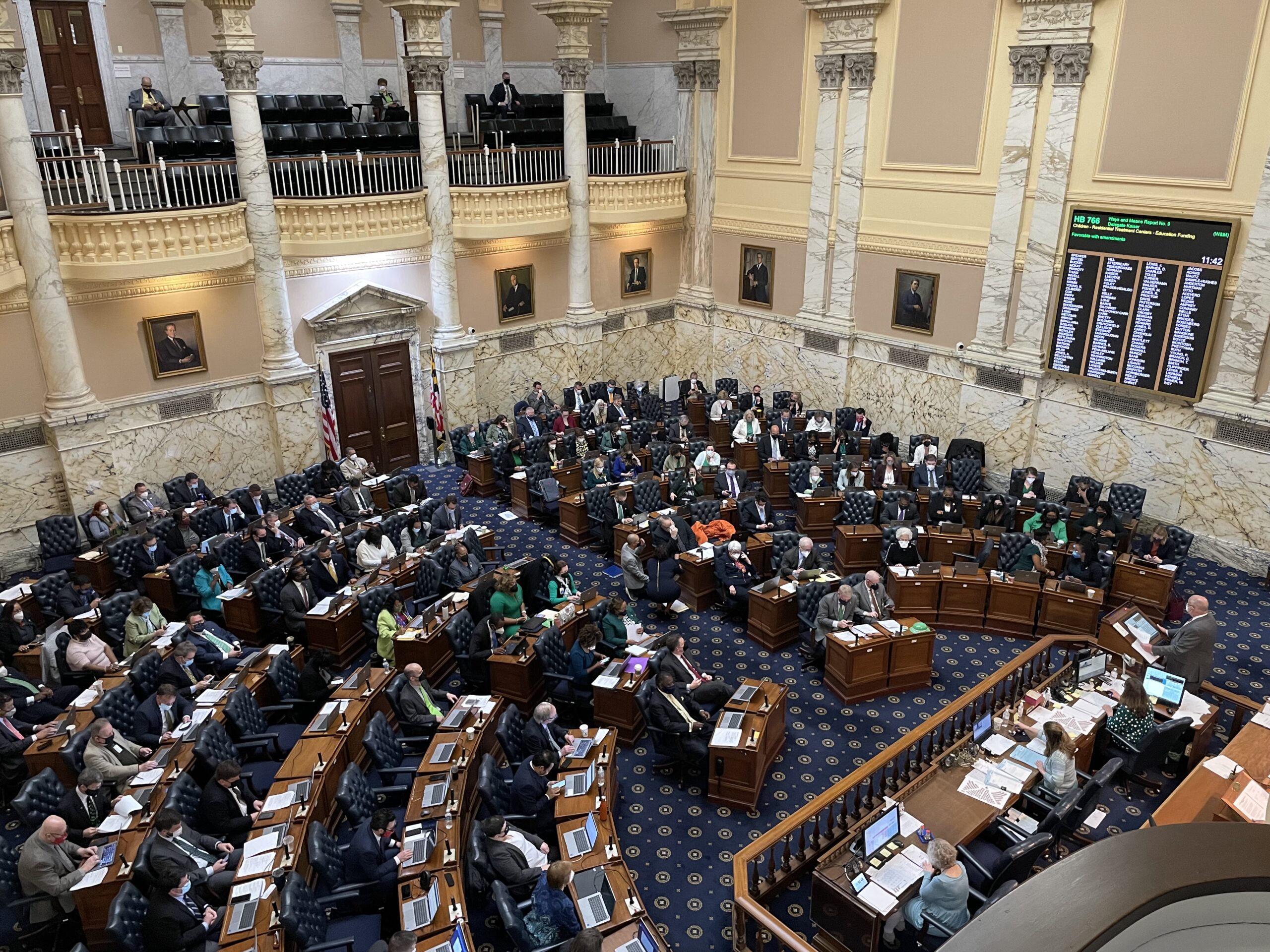Maryland PIRG: If It’s Broke, Fix It

By Emily Scarr
The writer is the Maryland PIRG director.
We rely on our cell phones, tablets and computers for work, school and life; even more so since the pandemic hit. One brand reigns large for personal electronics: Apple. After all, the maker of Macs since 1984 and iPhones since 2007 has put the world in our pockets and transformed the way we live. But while Apple often garners praise, the company’s extreme restrictions on repair have hurt consumers and small businesses across Maryland.
When any of these electronic lifelines break, consumers find themselves at the mercy of the manufacturer to repair the device quickly and at a price they can afford. For years, Apple has monopolized product repair by withholding the parts and tools that customers and independent repair shops need to fix broken screens, charging ports, cameras or other parts. A broken iPhone can easily break the bank due to expensive repairs or being told “it can’t be fixed.” That’s finally changing.
On Nov. 17, Apple announced that it will begin sharing with the public more than 200 parts and tools for its products, starting with the iPhone 12 and 13 lineups and its new Macs. This program will presumably grow to include newer smartphone models and Mac computers. Clearly Apple has seen the writing on the wall, and perhaps has even identified a new revenue opportunity. The jury remains out regarding how accessible and affordable this program will be; and unfortunately, with rare exceptions, the vast majority of consumer electronic manufacturers remain unmoved.
But one thing is clear: Apple’s announcement demonstrates that change can happen and should be industrywide. And as a public interest advocate, I am working to ensure that all Marylanders have the right to repair not just their phones, but anything they buy and own.
In Annapolis and nationwide, Apple’s lobbyists have told lawmakers that sharing access to parts, service tools and manuals would result in safety, security and intellectual property risks. When an iPhone’s battery died, or its screen cracked, Apple insisted that only an Apple-authorized repairperson could fix it. But independent repair specialists knew that these “concerns” were overblown. The growing chorus of people demanding alternative options to repair their devices has led to pressure from the Biden administration, the Federal Trade Commission and state legislatures around the country for Apple to consider altering its repair practices. In September, an environmentally minded mutual fund filed a shareholder resolution asking the company to “reverse its anti-repair practices.”
After years of opposition, Apple has finally made an about-face, announcing its newly minted support for independent repair.
But remember, Apple has done a great deal to discourage independent repair over the years, from refusing to cover “issues caused by unauthorized modifications” to gluing in components and making devices with proprietary screws that can only be removed with proprietary screwdrivers. To be fair, Apple is far from the only company with a history of hostility toward competition in its repair market. John Deere won’t sell farmers the software tools they need to fix their tractors. Expensive and time-consuming repairs can have serious consequences for farmers’ ability to plow, seed and harvest.
Those are just some of the reasons why it’s so important to make Apple’s decision a turning point.
For the last two years, the Maryland General Assembly has considered but not acted on bills to expand repair rights. The policy is backed by Attorney General Brian Frosh, cyber-security experts, consumer advocates, small business owners and environmentalists. Apple’s capitulation is evidence that state legislators should vote to provide legal protections for repair. Their constituents across the political spectrum sure will appreciate it. While Maryland could be the first state to pass such legislation this spring, it likely wouldn’t be the last.
A Maryland PIRG study from earlier in 2021 found that repairing more products and using them longer would save Marylanders $735 million per year, or $330 per family. And repair not only helps consumers, it helps our schools and small businesses and reduces electronic waste.
When school laptops break and are unrepairable by their tech staff and students, schools must stretch their already tight budgets to replace devices. And when people find it inconvenient or expensive to fix a cell phone, they’re more likely to give up and buy a new one. Empowering more independent repair options would help rural Marylanders have access to repair, drive down prices for repair for everyone and extend the lifespan of our stuff, reducing the material drain and pollution of manufacturing, and reducing the electronic waste (the world’s fastest-growing domestic waste stream) heading to Maryland landfills and incinerators.
Repair restrictions are not necessary, and a new state law can fix it.
Let’s expand options to fix our stuff and keep the momentum from the Apple announcement going until all products are built to be easy to fix and, better yet, built to last.




 Creative Commons Attribution
Creative Commons Attribution